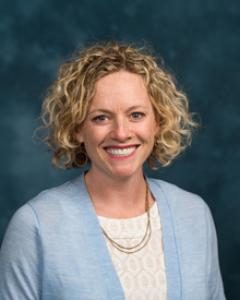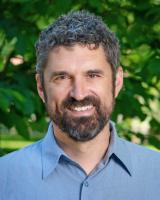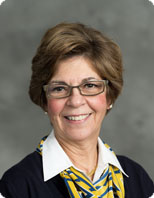Read Full Story on Michigan News
Thousands of central Michigan residents living along the Tittabawassee River are evacuating after rapidly rising waters overtook dams there. The Michigan governor warned that downtown Midland could be under about 9 feet of water Wednesday. The evacuations come as Michigan remains under a stay-at-home order to prevent the spread of the coronavirus.
University of Michigan experts are available to discuss various aspects of this situation.

Richard K. Norton
Professor, Urban and Regional Planning Program, Program in the Environment
734-474-4052, [email protected]
Richard Norton, professor of urban and regional planning, trains local officials and residents on coastal management to help them better understand the threats posed by climate change, especially when building near Great Lakes coastlines and within floodplains.

Allen Burton
Professor, SEAS and the Department of Earth & Environmental Sciences
937-272-9577, [email protected]
Allen Burton is a professor of environment and sustainability and of earth and environmental sciences, director of U-M’s Institute for Global Change Biology, and editor-in-chief of the journal Environmental Toxicology & Chemistry.

Sue Anne Bell
Assistant Professor, Department of Systems, Populations and Leadership
734-272-5515, [email protected]
Sue Anne Bell is an assistant professor of nursing and expert on disaster response, community health and emergency care.

Ben van der Pluijm
Bruce R. Clark Collegiate Professor of Geology and Professor of the Environment
734-678-1397, [email protected], vdpluijm55 (Skype)
Ben van der Pluijm, a geologist and professor of earth and environmental sciences, is an expert on the societal impacts of geohazards.

Drew Gronewold
Associate Professor of Environment and Sustainability
919-452-6593, [email protected]
Drew Gronewold, a hydrologist and associate professor of environment and sustainability, says the floodwaters in Midland will eventually flow into Saginaw Bay, contributing to ongoing record-high Great Lakes water levels. He can discuss historical, current and future Great Lakes water levels, including the hydrologic conditions that contribute to water level variability.

Amy Schulz
Professor, Health Behavior & Health Education
[email protected]
Amy Schulz, professor of health behavior and health education, can discuss the impact of the floods on low-income residents. Her research focuses on social factors that contribute to health with a particular focus on social and physical environmental factors and their effects on health, health equity and urban health.
Read Full Story on Michigan News
 Chris Kolb, who currently serves as Gov. Gretchen Whitmer’s state budget director, has been appointed vice president for government relations at the University of Michigan.
Chris Kolb, who currently serves as Gov. Gretchen Whitmer’s state budget director, has been appointed vice president for government relations at the University of Michigan.







